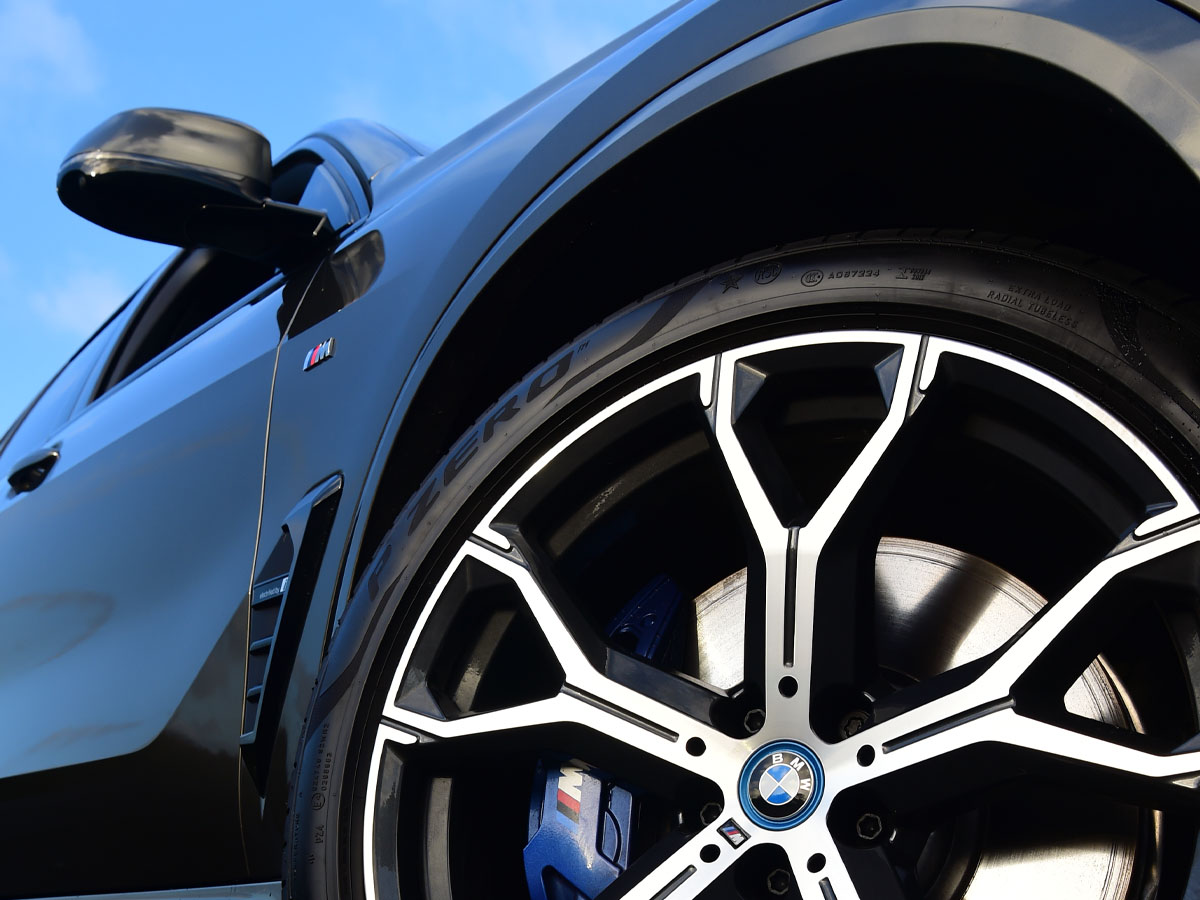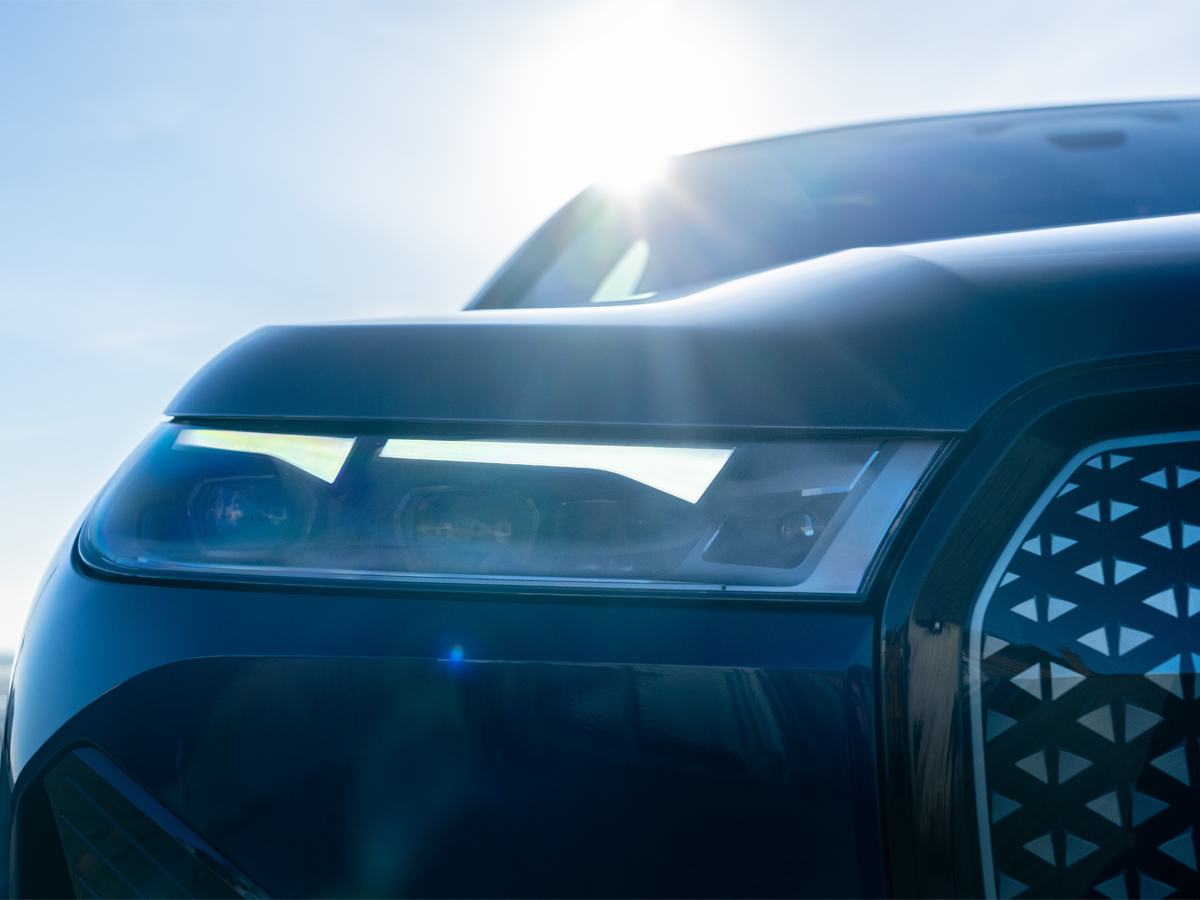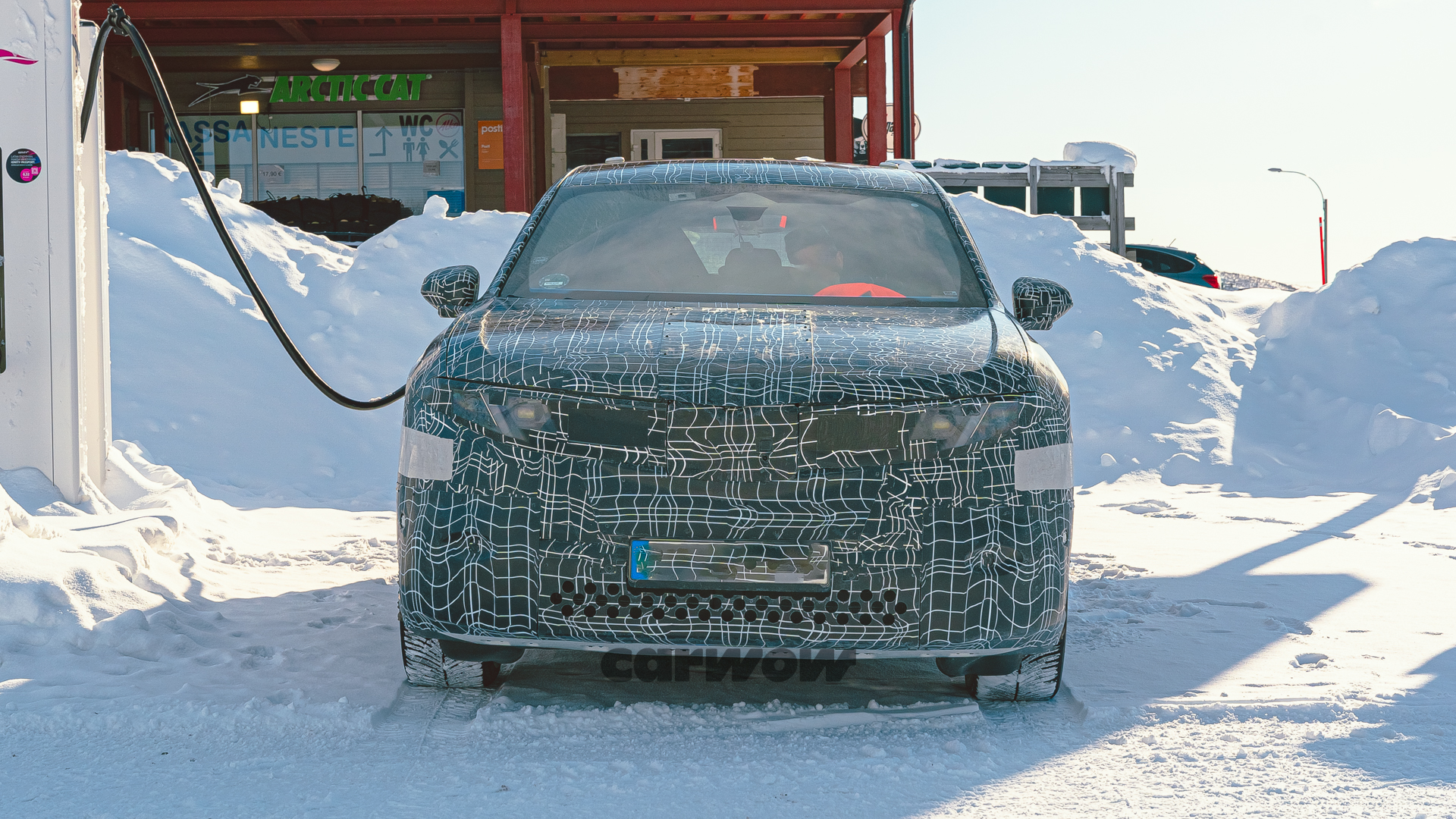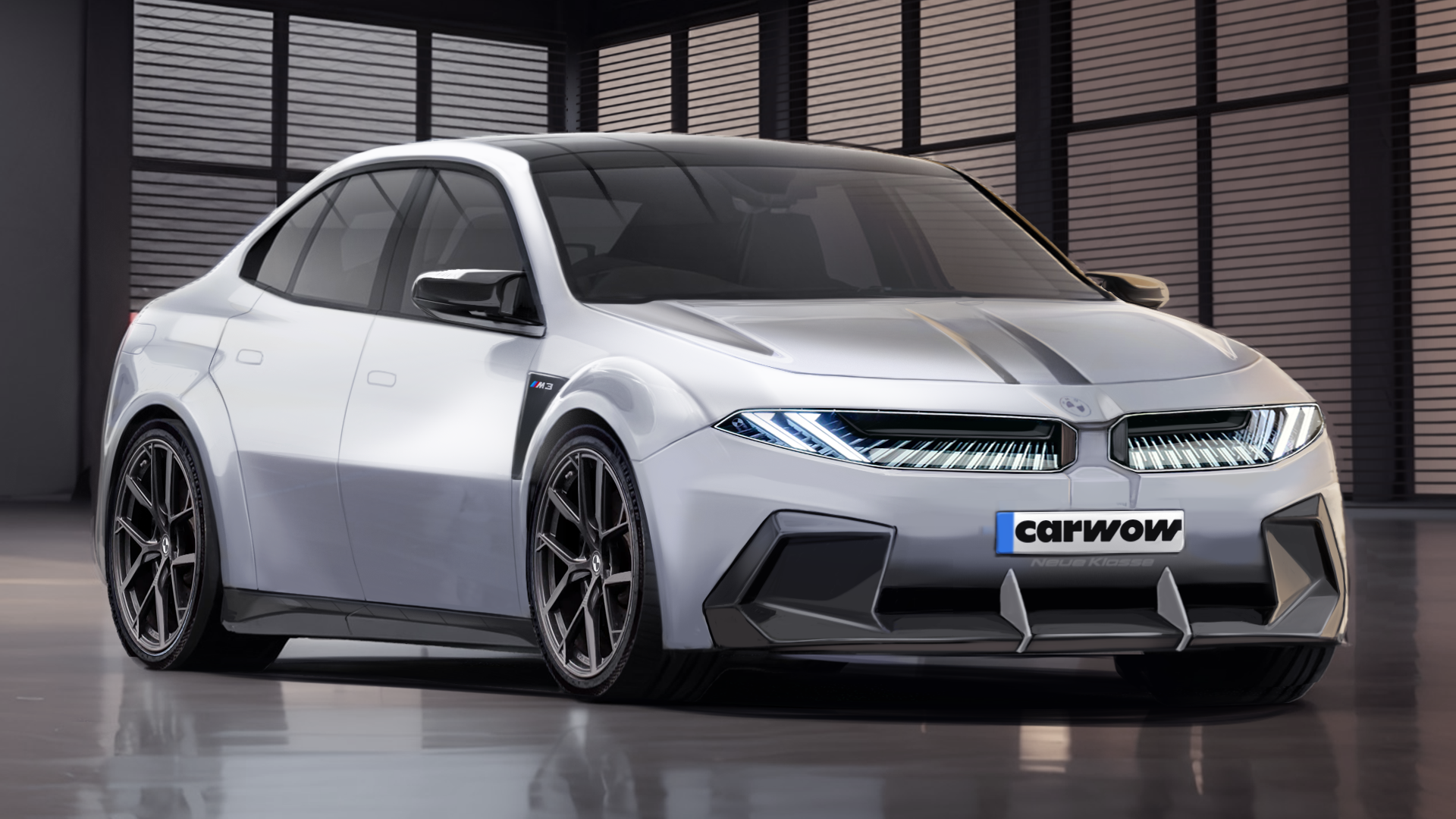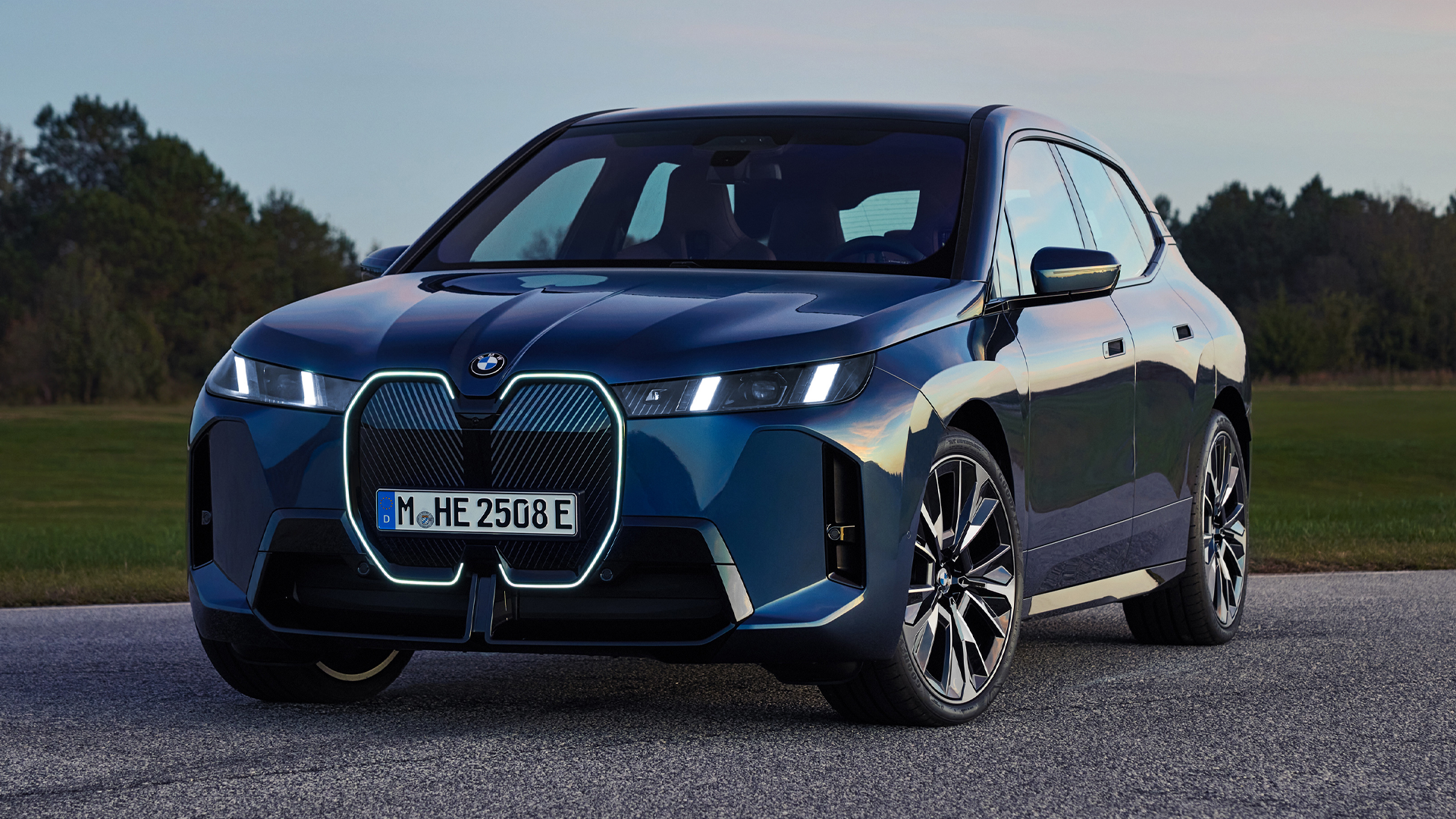Buy the black BMW X7
The free, easy way to buy a used black BMW X7
Browse through our list of black BMW X7 cars for sale across the UK.
X7 M Sport
- 2.993 L
- 40000 miles
- Automatic
- Diesel
- Black

X7 M Sport
- 2.993 L
- 37549 miles
- Automatic
- Diesel
- Black

X7 M Sport
- 2.998 L
- 25016 miles
- Automatic
- Petrol
- Black

Buy a new black BMW X7
Configure a brand new black BMW X7 just the way you want it and pay cash or buy on finance.
X7 Excellence
- 2.998 L
- Automatic
- Petrol
- Metallic - Black sapphire

X7 Excellence
- 2.998 L
- Automatic
- Petrol
- Metallic - Black sapphire

X7 Excellence
- 2.993 L
- Automatic
- Diesel
- Metallic - Black sapphire

X7 Excellence
- 2.993 L
- Automatic
- Diesel
- Metallic - Black sapphire

X7 M Sport
- 2.998 L
- Automatic
- Petrol
- Metallic - Black sapphire

X7 M Sport
- 2.998 L
- Automatic
- Petrol
- Metallic - Black sapphire

X7 M Sport
- 2.993 L
- Automatic
- Diesel
- Metallic - Black sapphire

X7 M Sport
- 2.993 L
- Automatic
- Diesel
- Metallic - Black sapphire

X7 M Sport
- 2.998 L
- Automatic
- Petrol
- Metallic - Black sapphire

Lease a new black BMW X7
Browse amazing lease deals from our trusted dealer partners for a new black BMW X7.
X7 M Sport
- 2.993 L
- Automatic
- Diesel
- Metallic - Black sapphire

X7 M Sport
- 2.998 L
- Automatic
- Petrol
- Metallic - Black sapphire

X7 Excellence
- 2.993 L
- Automatic
- Diesel
- Metallic - Black sapphire

X7 Excellence
- 2.993 L
- Automatic
- Diesel
- Metallic - Black sapphire

X7 Excellence
- 2.998 L
- Automatic
- Petrol
- Metallic - Black sapphire

X7 Excellence
- 2.998 L
- Automatic
- Petrol
- Metallic - Black sapphire

X7 M Sport
- 2.993 L
- Automatic
- Diesel
- Metallic - Black sapphire

X7 M Sport
- 2.998 L
- Automatic
- Petrol
- Metallic - Black sapphire

X7 M Sport
- 2.993 L
- Automatic
- Diesel
- Metallic - Black sapphire

- Term of agreement
- 24 months
- Monthly payment
- £735.00
- Initial payment (includes £349.99 broker fee)
- £9,169.99
- Mileage per annum
- 5,000 miles
- Maintenance included
- No
- Metallic colour included
- No
The above is not an offer of finance, all figures are estimates only. Quote is subject to dealer/broker requirements, including status and availability. The actual monthly cost may vary depending on the finance provider used. Please contact the dealer/broker who can offer a personalised quote based on your needs.
Further charges may be made subject to the condition or mileage of the vehicle. Terms and Conditions apply.
- Term of agreement
- 36 months
- Monthly payment
- £736.74
- Initial payment (includes £349.99 broker fee)
- £9,190.87
- Mileage per annum
- 5,000 miles
- Maintenance included
- No
- Metallic colour included
- No
The above is not an offer of finance, all figures are estimates only. Quote is subject to dealer/broker requirements, including status and availability. The actual monthly cost may vary depending on the finance provider used. Please contact the dealer/broker who can offer a personalised quote based on your needs.
Further charges may be made subject to the condition or mileage of the vehicle. Terms and Conditions apply.
- Term of agreement
- 48 months
- Monthly payment
- £1,074.12
- Initial payment (includes £295.00 broker fee)
- £13,184.44
- Mileage per annum
- 5,000 miles
- Maintenance included
- No
- Metallic colour included
- No
The above is not an offer of finance, all figures are estimates only. Quote is subject to dealer/broker requirements, including status and availability. The actual monthly cost may vary depending on the finance provider used. Please contact the dealer/broker who can offer a personalised quote based on your needs.
Further charges may be made subject to the condition or mileage of the vehicle. Terms and Conditions apply.
- Term of agreement
- 48 months
- Monthly payment
- £1,079.73
- Initial payment (includes £295.00 broker fee)
- £13,251.76
- Mileage per annum
- 5,000 miles
- Maintenance included
- No
- Metallic colour included
- No
The above is not an offer of finance, all figures are estimates only. Quote is subject to dealer/broker requirements, including status and availability. The actual monthly cost may vary depending on the finance provider used. Please contact the dealer/broker who can offer a personalised quote based on your needs.
Further charges may be made subject to the condition or mileage of the vehicle. Terms and Conditions apply.
- Term of agreement
- 48 months
- Monthly payment
- £1,109.53
- Initial payment (includes £295.00 broker fee)
- £13,609.36
- Mileage per annum
- 5,000 miles
- Maintenance included
- No
- Metallic colour included
- No
The above is not an offer of finance, all figures are estimates only. Quote is subject to dealer/broker requirements, including status and availability. The actual monthly cost may vary depending on the finance provider used. Please contact the dealer/broker who can offer a personalised quote based on your needs.
Further charges may be made subject to the condition or mileage of the vehicle. Terms and Conditions apply.
- Term of agreement
- 48 months
- Monthly payment
- £1,115.13
- Initial payment (includes £295.00 broker fee)
- £13,676.56
- Mileage per annum
- 5,000 miles
- Maintenance included
- No
- Metallic colour included
- No
The above is not an offer of finance, all figures are estimates only. Quote is subject to dealer/broker requirements, including status and availability. The actual monthly cost may vary depending on the finance provider used. Please contact the dealer/broker who can offer a personalised quote based on your needs.
Further charges may be made subject to the condition or mileage of the vehicle. Terms and Conditions apply.
- Term of agreement
- 48 months
- Monthly payment
- £1,115.44
- Initial payment (includes £295.00 broker fee)
- £13,680.28
- Mileage per annum
- 5,000 miles
- Maintenance included
- No
- Metallic colour included
- No
The above is not an offer of finance, all figures are estimates only. Quote is subject to dealer/broker requirements, including status and availability. The actual monthly cost may vary depending on the finance provider used. Please contact the dealer/broker who can offer a personalised quote based on your needs.
Further charges may be made subject to the condition or mileage of the vehicle. Terms and Conditions apply.
- Term of agreement
- 48 months
- Monthly payment
- £1,149.29
- Initial payment (includes £295.00 broker fee)
- £14,086.48
- Mileage per annum
- 5,000 miles
- Maintenance included
- No
- Metallic colour included
- No
The above is not an offer of finance, all figures are estimates only. Quote is subject to dealer/broker requirements, including status and availability. The actual monthly cost may vary depending on the finance provider used. Please contact the dealer/broker who can offer a personalised quote based on your needs.
Further charges may be made subject to the condition or mileage of the vehicle. Terms and Conditions apply.
- Term of agreement
- 48 months
- Monthly payment
- £1,362.93
- Initial payment (includes £295.00 broker fee)
- £16,650.16
- Mileage per annum
- 5,000 miles
- Maintenance included
- No
- Metallic colour included
- No
The above is not an offer of finance, all figures are estimates only. Quote is subject to dealer/broker requirements, including status and availability. The actual monthly cost may vary depending on the finance provider used. Please contact the dealer/broker who can offer a personalised quote based on your needs.
Further charges may be made subject to the condition or mileage of the vehicle. Terms and Conditions apply.
Sell your car for what it's really worth
The free, easy way to get 5,500+ dealers all over the UK bidding on your car
The world's most popular car Youtube channel
With over 70+ million views a month, there is a review for everyone
